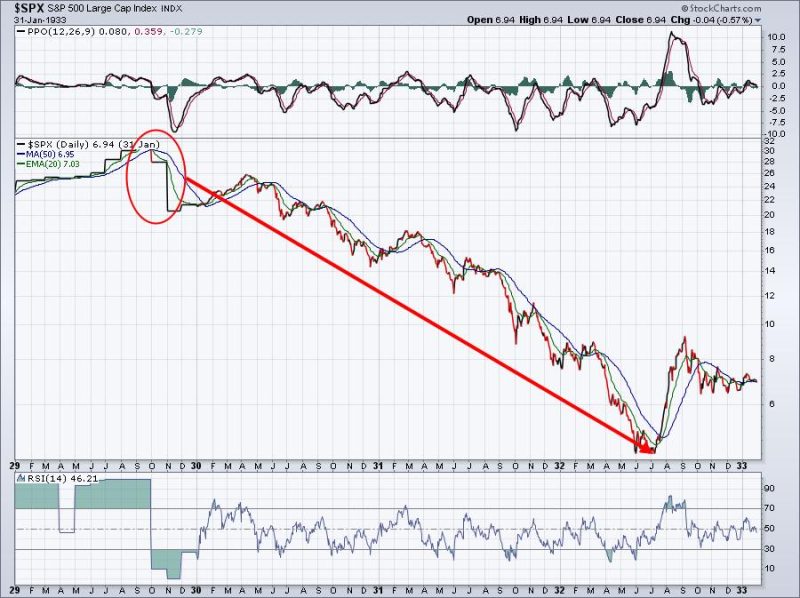U.S. Stock Market Volatility: Uncovering Factors Behind Potential October Crash
October has historically been a month fraught with market crashes and economic uncertainty. As investors brace themselves for potential turbulence in the U.S. stock market this October, it becomes imperative to examine the underlying factors that could contribute to a significant downturn. While predictions of a crash are speculative in nature, understanding the various elements at play can help investors make informed decisions in an increasingly volatile market environment.
One crucial factor that could trigger a significant stock market decline is geopolitical tensions. With escalating trade tensions between the U.S. and its major trading partners, including China and Europe, investors are increasingly wary of the implications for global economic stability. Heightened geopolitical risks, such as trade wars and political unrest, can fuel market volatility and erode investor confidence, potentially leading to a sharp market correction.
Furthermore, the specter of rising inflation and interest rates looms over the U.S. economy, posing a threat to the stock market’s continued growth. The Federal Reserve’s efforts to normalize monetary policy by gradually raising interest rates could dampen economic activity and reduce corporate profitability, ultimately impacting stock prices. As borrowing costs increase and consumer spending wanes, companies may face challenges in sustaining their revenue and profit margins, a scenario that could potentially trigger a market downturn.
Another significant factor contributing to market uncertainty is the ongoing impact of the COVID-19 pandemic on the global economy. Despite initial signs of recovery, the resurgence of new variants and uneven vaccination rates worldwide continue to pose risks to economic growth. Supply chain disruptions, labor shortages, and persisting inflationary pressures all weigh on investor sentiment and could potentially destabilize the stock market in the coming months.
Additionally, market valuations have reached historically elevated levels, raising concerns about a potential bubble in certain sectors of the economy. The rapid expansion of technology and growth stocks, fueled by low-interest rates and abundant liquidity, has pushed valuations to levels that some analysts deem unsustainable. A correction in these high-flying sectors could reverberate throughout the broader market, leading to a broader sell-off and potential market crash.
On a broader scale, systemic risks such as climate change, cybersecurity threats, and social unrest also pose challenges to the stock market’s stability. The interconnected nature of the global economy means that events in one part of the world can have far-reaching implications for financial markets worldwide. Investors must remain vigilant and diversify their portfolios to mitigate risks associated with these broader systemic challenges.
In conclusion, while predicting a market crash with certainty is a challenging endeavor, it is crucial for investors to remain informed and proactive in managing their investment portfolios. By monitoring key indicators such as geopolitical developments, inflation trends, COVID-19 impacts, and market valuations, investors can position themselves to navigate potential market turbulence and make well-informed decisions to protect their assets in an increasingly volatile environment.

